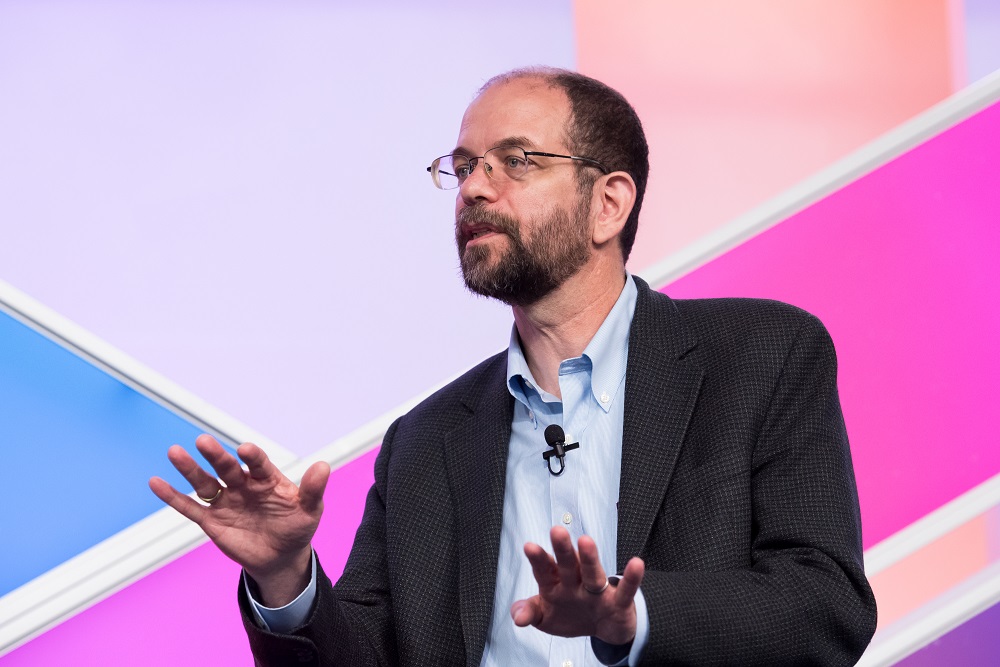
Gill Pratt, Chief Scientist of Toyota Motor Corporation and CEO of Toyota Research Institute, says the government has got it all wrong when it comes to policies aiming to combat climate change. In response to a proposed ban on internal combustion engines, including hybrids, Pratt says policies should strive to reduce carbon emissions rather than push exclusively battery-electric vehicles at the cost of everything else.
“It’s not for us to predict which solution is the best or say only this will work,” he said. His remarks fall in line with those of Toyota CEO Akio Toyoda, as well as other Toyota officials who have been playing up the importance of eco-friendly rides beyond battery-electric vehicles.
Fuel Efficient: Toyota models that get over 30 miles per gallon
This is not to say the automaker is avoiding BEVs. The company just announced a plan to invest $13.5 billion on solid-state battery technology and battery production, including a new automotive plant in the United States. Nonetheless, the world’s leader in hybrid vehicle technologies would like hybrids to remain relevant a little longer, please.
According to Toyota, it can do more to reduce emissions by manufacturing hybrids and plug-in hybrids that people will actually drive than manufacturing only BEVs. In 2019, the automaker claimed it was able to produce enough batteries for 28,000 electric cars per year or 1.5 million hybrid cars — and that the latter reduce carbon emissions by a third more than the former. Additionally, the automaker still seems to view hydrogen fuel cell vehicles as the true future of zero-emission transportation.
Still, Toyota will introduce over a dozen BEVs over the next few years. Given that governments all around the world are making similar pushes as the U.S., it seems likely ICEs will be banned everywhere sooner or later. Without this threat to their primary market, it’s difficult to believe automakers would otherwise invest so much in electrification.
Kurt Verlin was born in France and lives in the United States. Throughout his life he was always told French was the language of romance, but it was English he fell in love with. He likes cats, music, cars, 30 Rock, Formula 1, and pretending to be a race car driver in simulators; but most of all, he just likes to write about it all. See more articles by Kurt.





